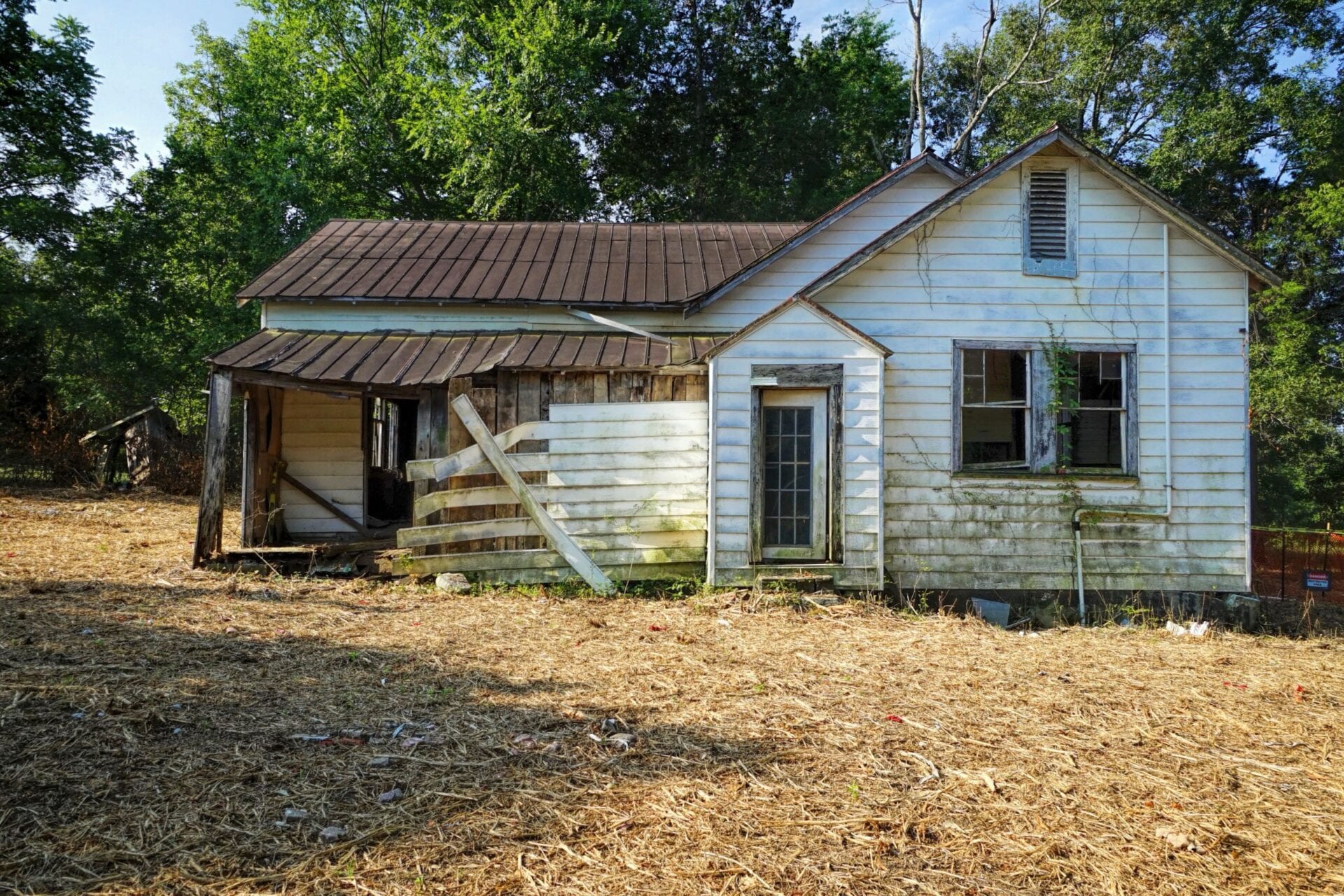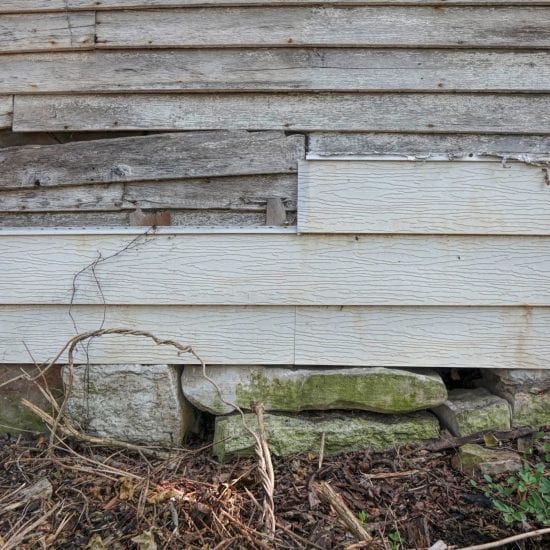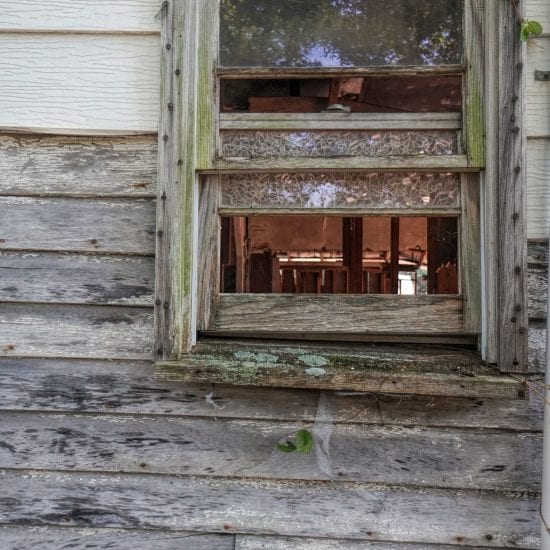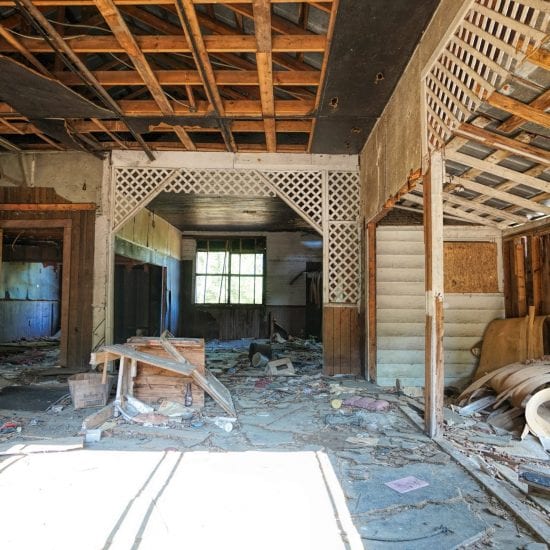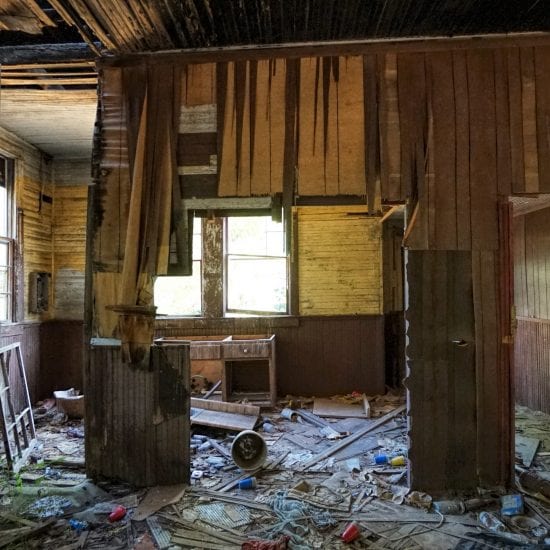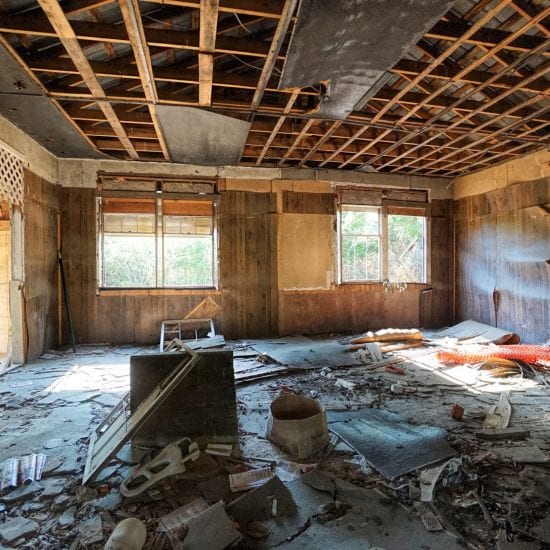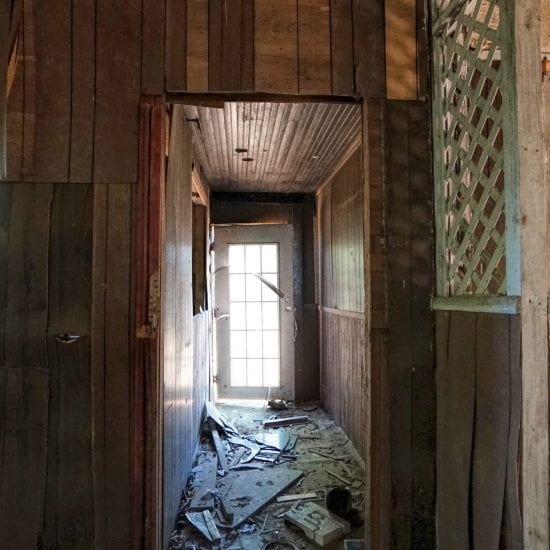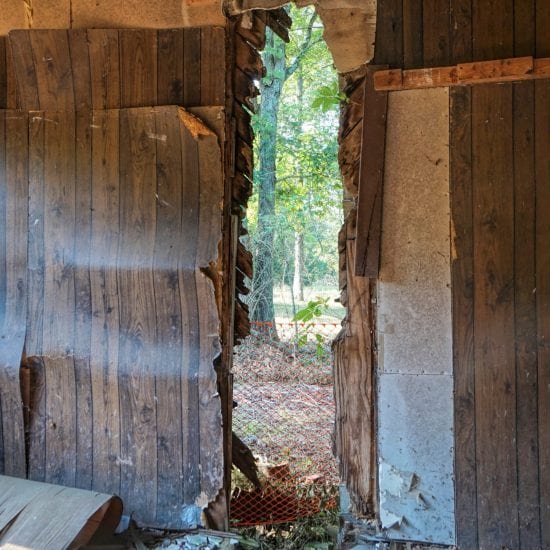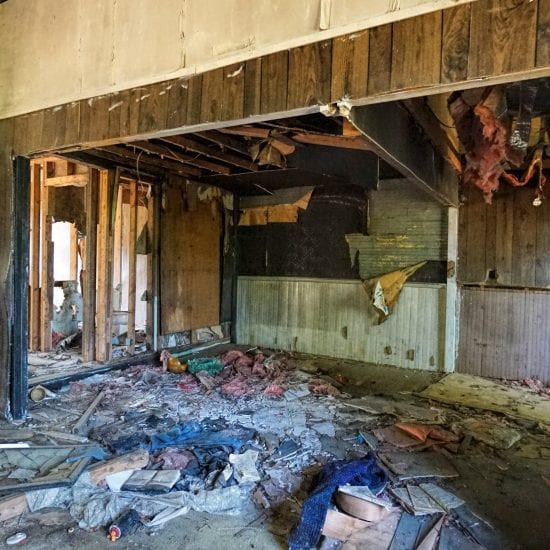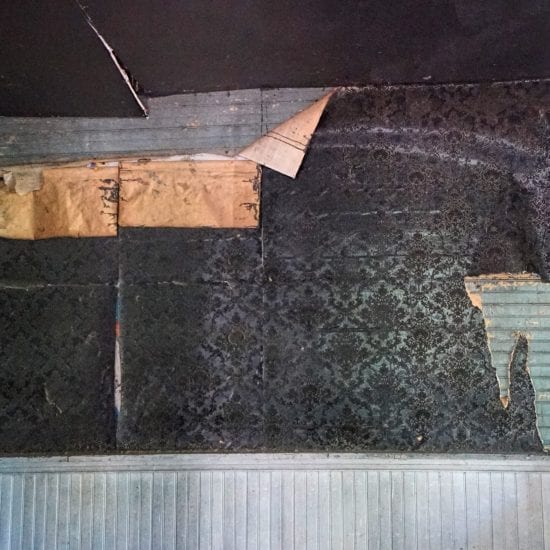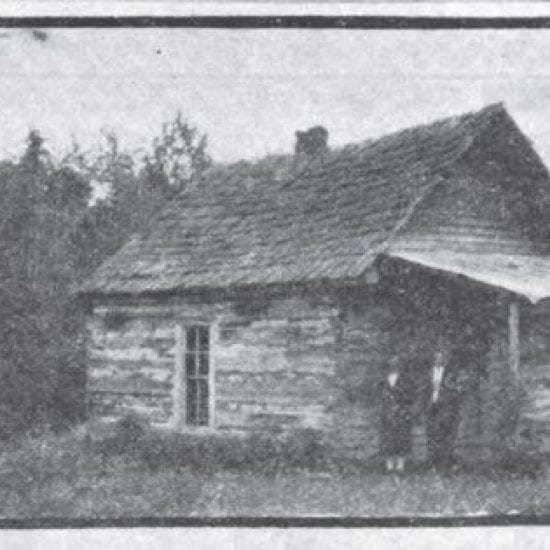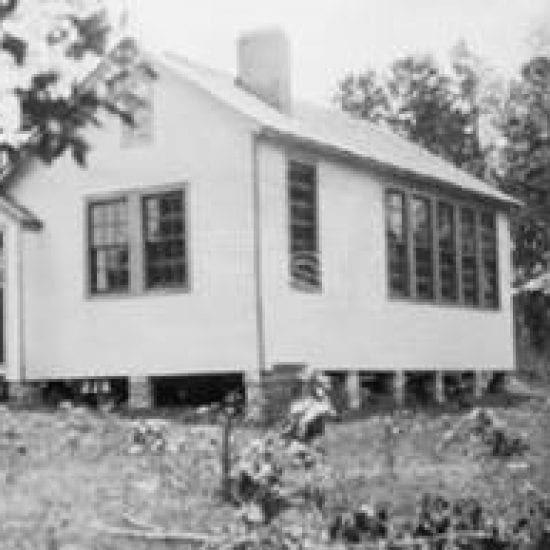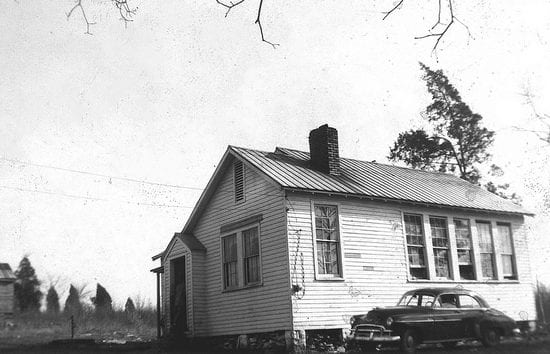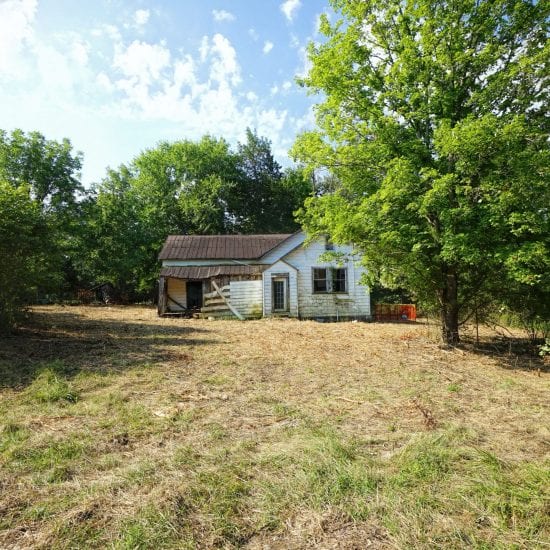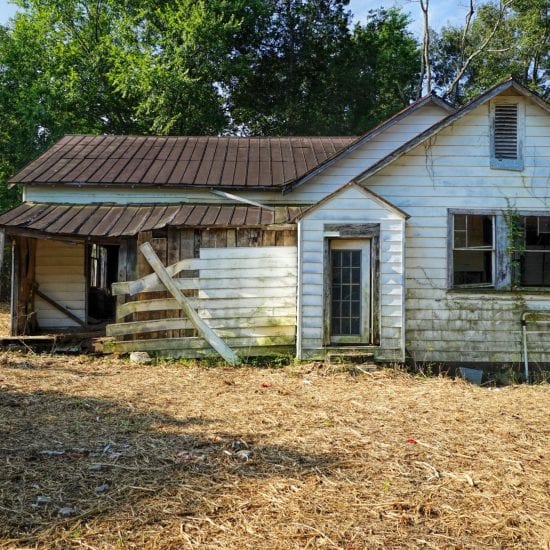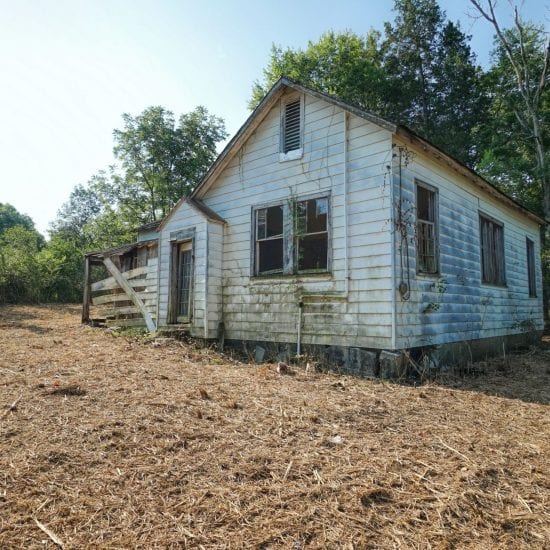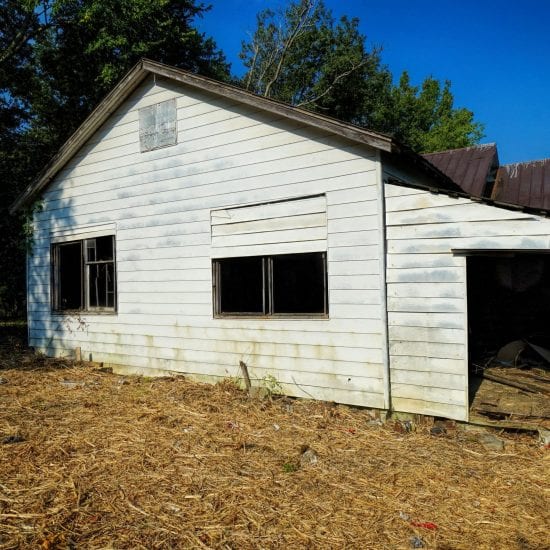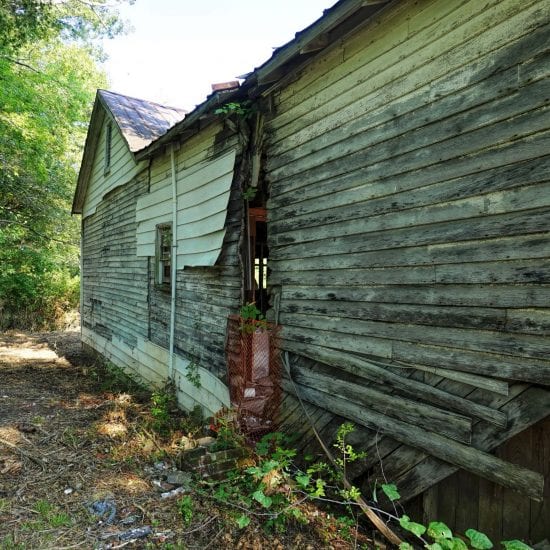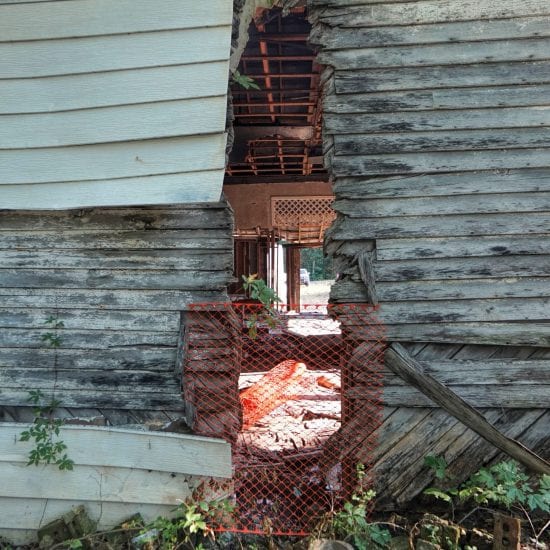Project Details
The Lee-Buckner School was one of three hundred seventy-five Rosenwald schools, built in Tennessee between 1917-1932. Rosenwald schools created by their namesake, Julius Rosenwald, the Chief Executive Officer of Sears, Roebuck and Company, and Booker T. Washington, a formerly enslaved man and Tuskegee Institute founder, served African Americans during the Jim Crow Era of “separate but equal.” In Williamson County, four Rosenwald schools dotted the landscape. However, in recent years, the County Training School and Thompson’s Station schools in Thompson’s Station, as well as the Locust Ridge School in Franklin, have all but disappeared.
Following the Civil War, newly freed African Americans, eager to grow their communities, built churches and schools that symbolized their commitment to freedom and hope for a prosperous future. Prior to the construction of the Lee-Buckner Rosenwald School, a rudimentary log structure, built by African Americans in the Duplex/Spring Hill community, housed the first Freedman’s Bureau school in the area and doubled as the local Methodist Church. In 1867, Gilford Dudley, a white landowner and former slaveowner, deeded land to three freedmen, including Anderson Lee, for a church and school.
For thirty years, local African American children were actively educated at the Rural Hill School that also housed the Rural Hill ME Church in the Duplex/Spring Hill area. In 1925, Anderson Lee’s son, Monroe Lee, deeded land to Williamson County for the construction of the Lee-Buckner school. The school opened its doors in 1927, making it one of 5,000 Rosenwald schools constructed throughout the rural South. As the school grew, the lower grades continued to meet in the church, until the addition to the school (1948) could accommodate all grades in the same building.
With the Civil Rights Acts of 1964 and 1965, desegregation led to the closure of Lee Buckner. Into the late twentieth century, the school converted to a private residence until the 1990s. Once abandoned, the Lee-Buckner became a distant memory, except for the students and teachers who forged ahead in midst of segregation and difficult times. Now, fewer than a quarter of Rosenwald schoolhouses survive. In 2011, the National Trust categorized Rosenwald schoolhouses as one of the most endangered historic structures in the country.
Today, the Lee-Buckner schoolhouse is a silent historic reminder of an important part of our collective past in Williamson County. As a part of our newest restoration and rehabilitation project, Franklin Grove Estate and Gardens, The Heritage Foundation of Williamson County plans to fully restore the Lee-Buckner school and relocate it to Franklin Grove. Within its restored walls, a permanent interpretive exhibit on the school’s longstanding history will be displayed as well as rotating interpretive exhibits on African American history and additional space for ongoing educational programs and cultural events.
